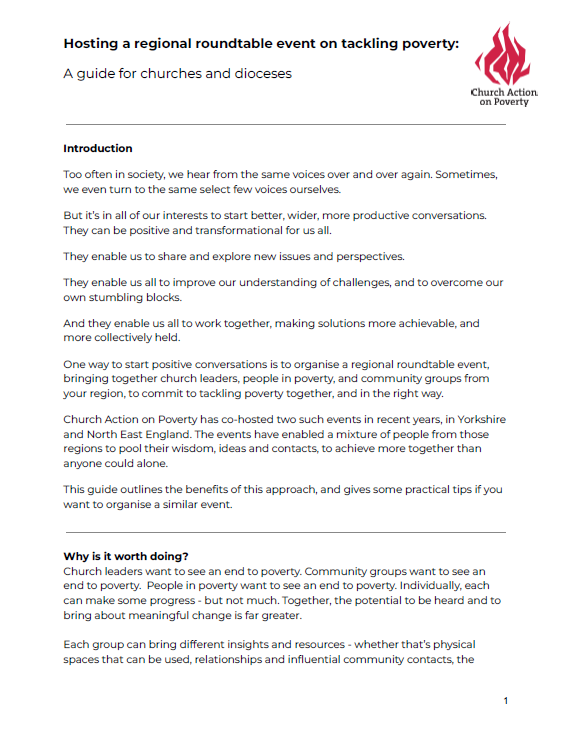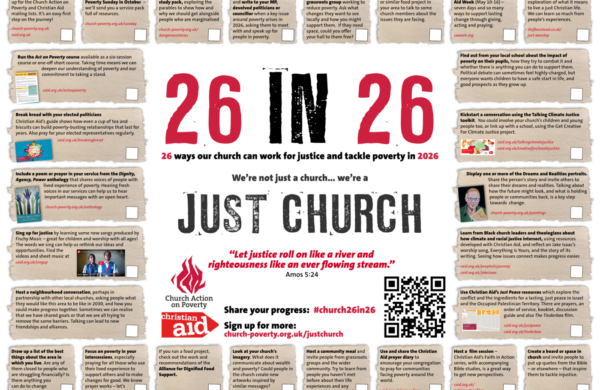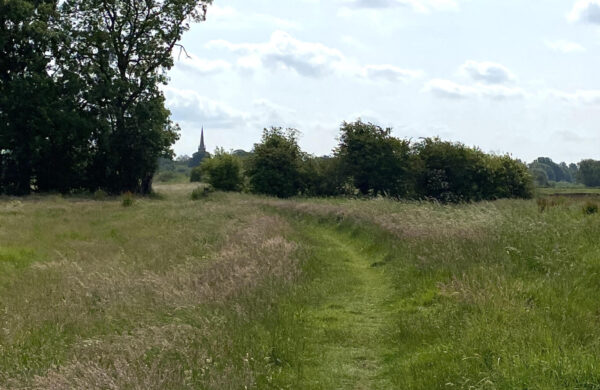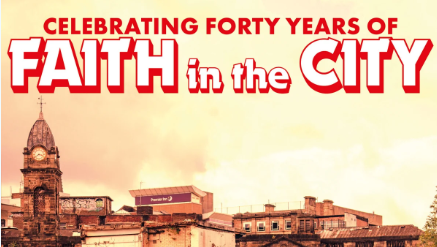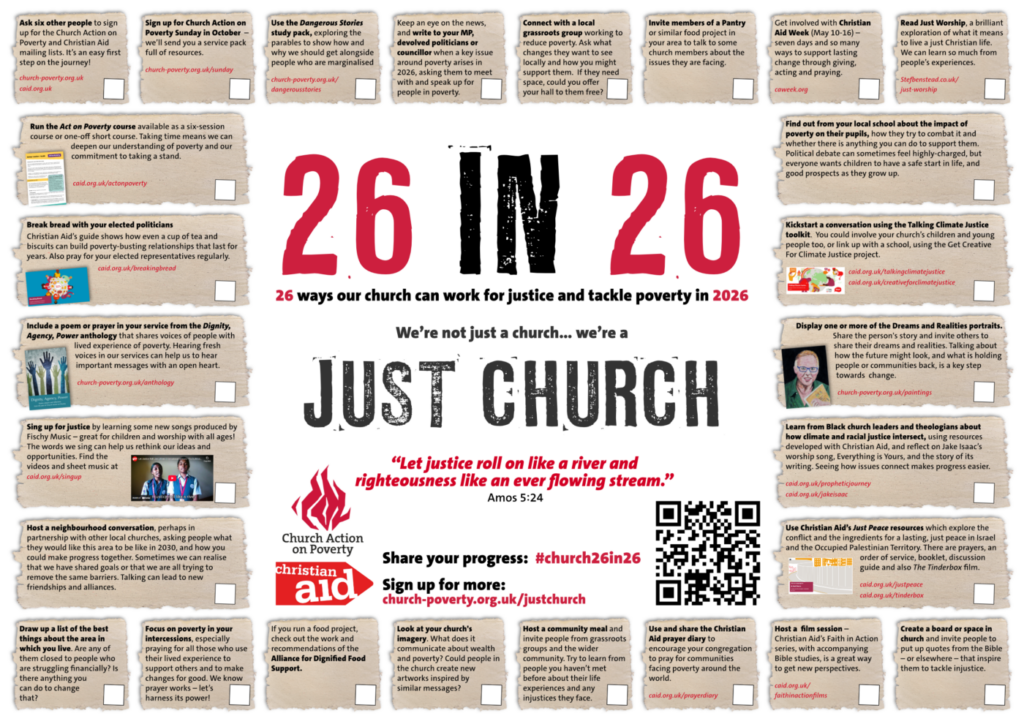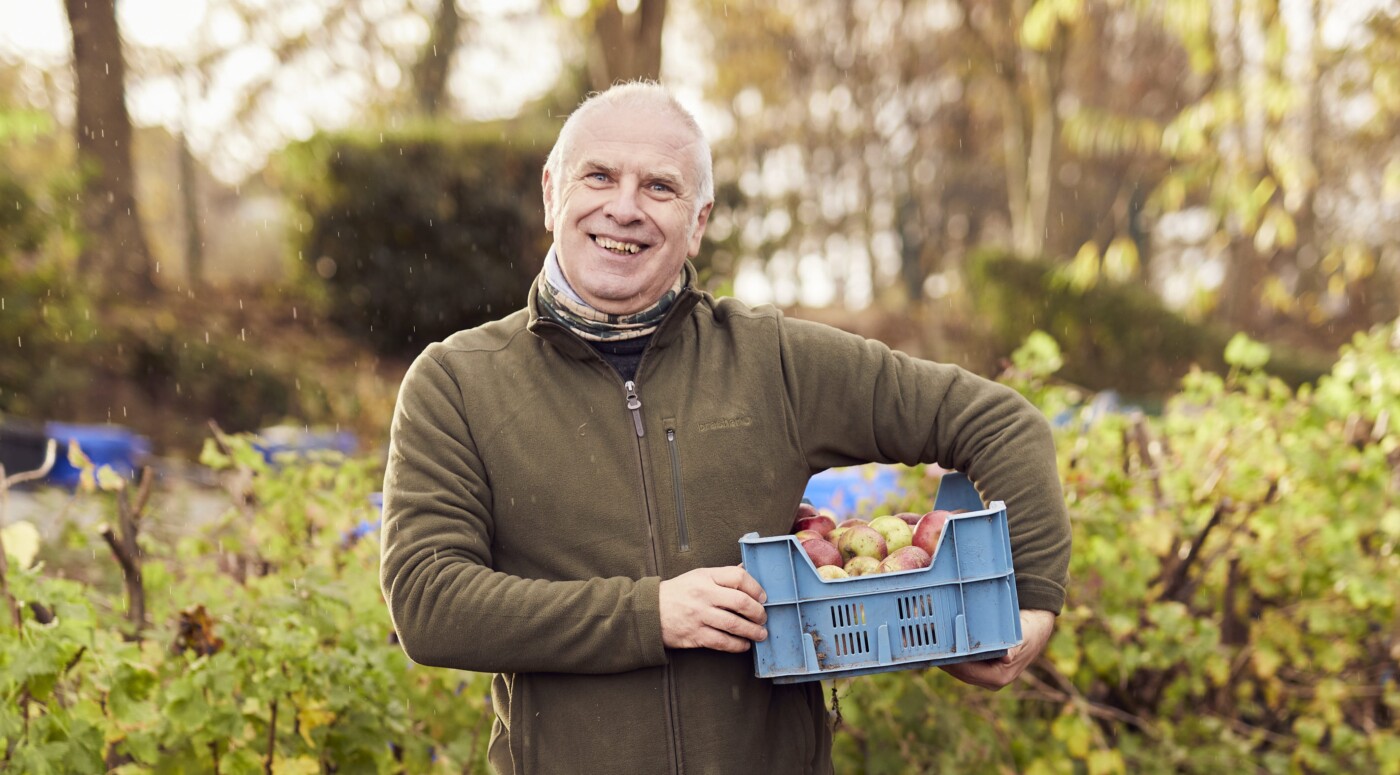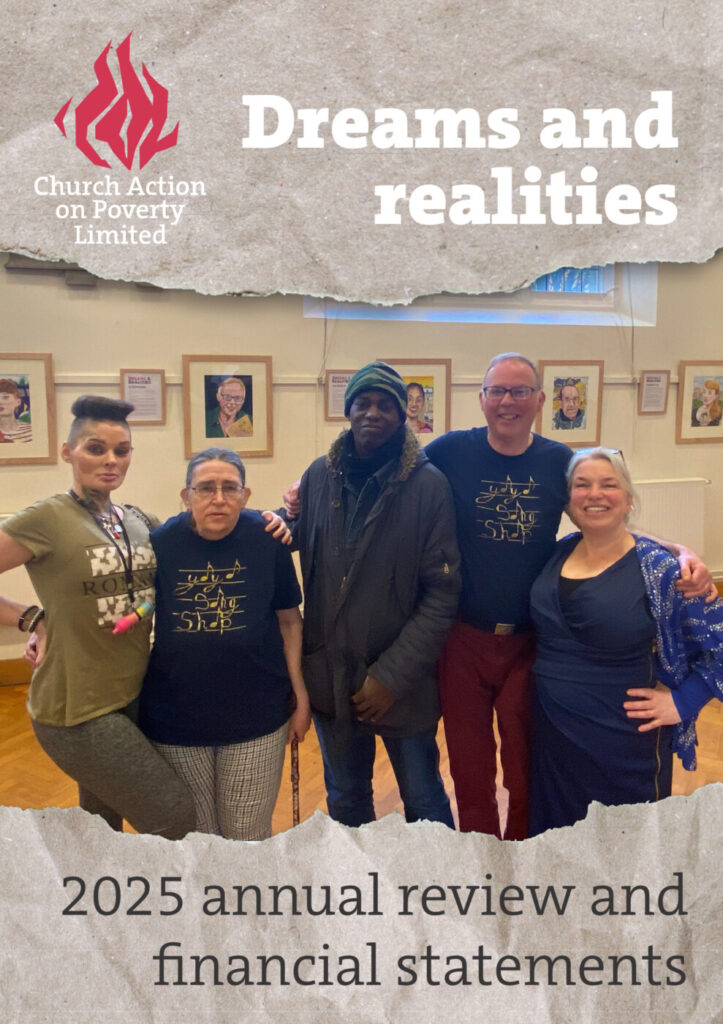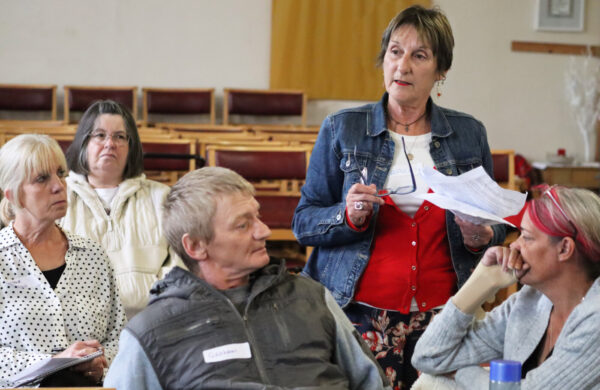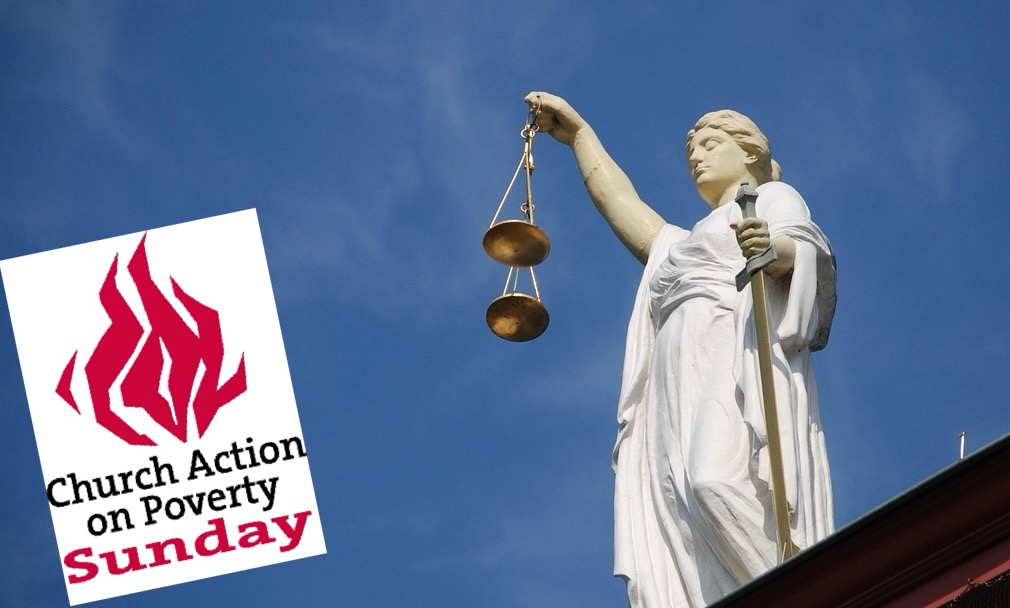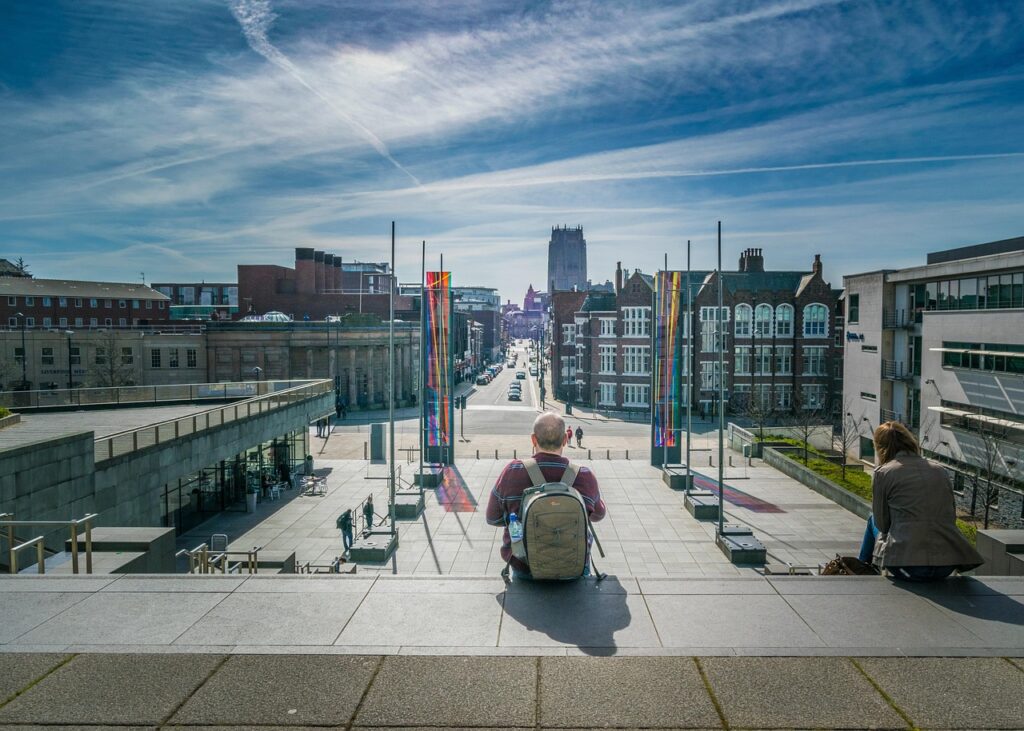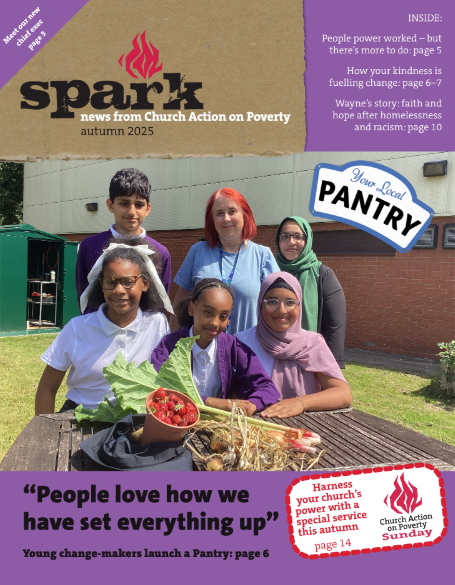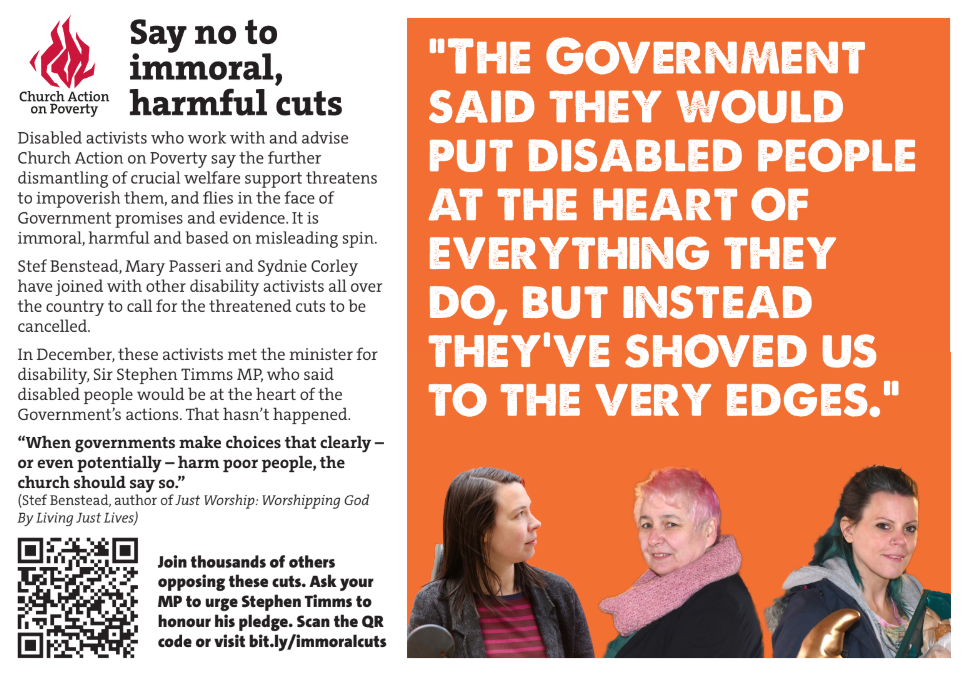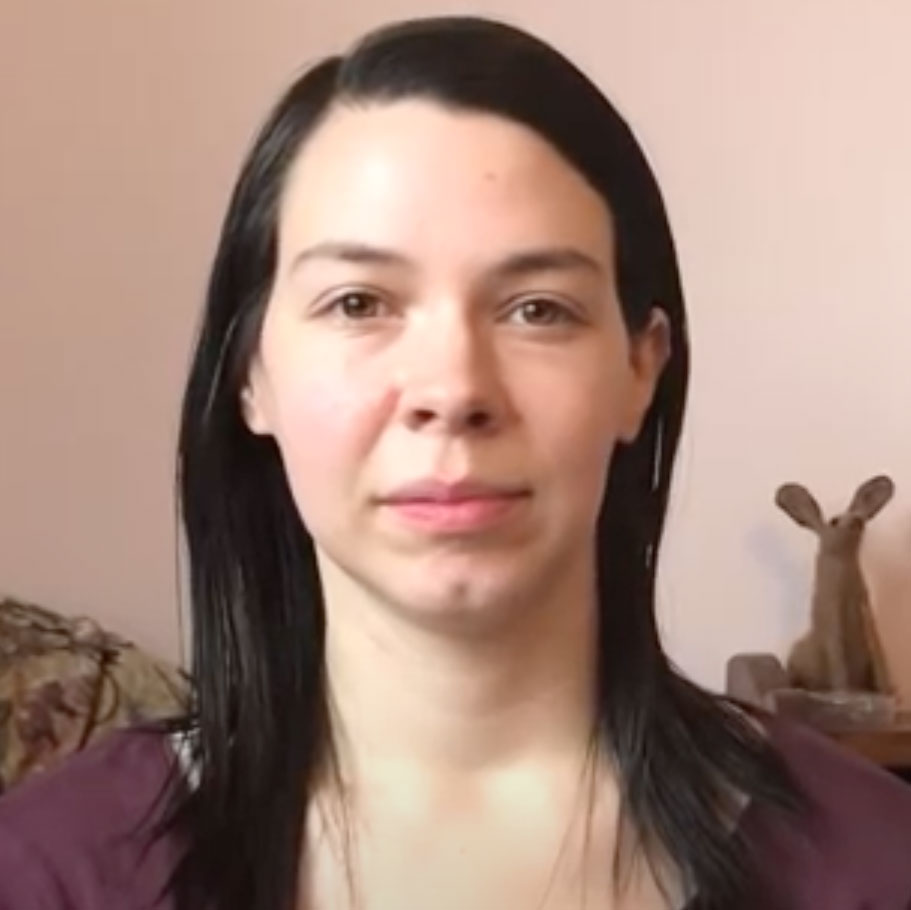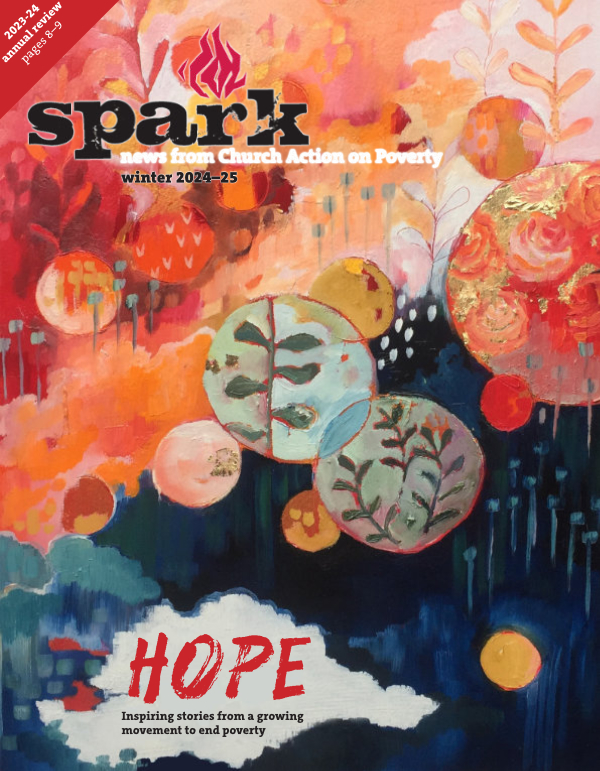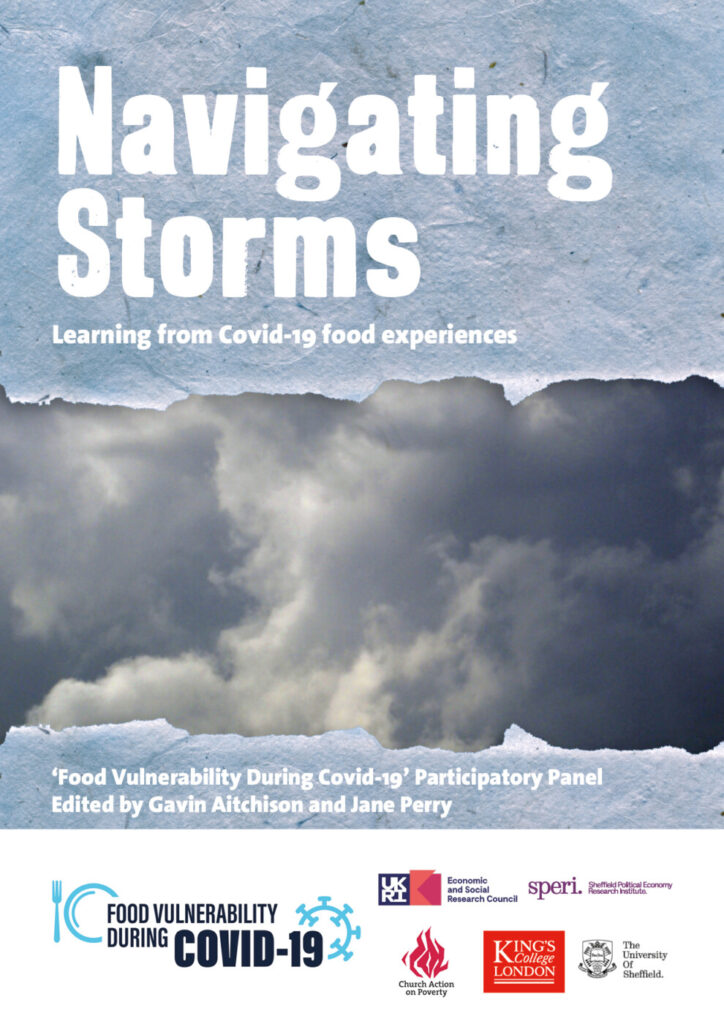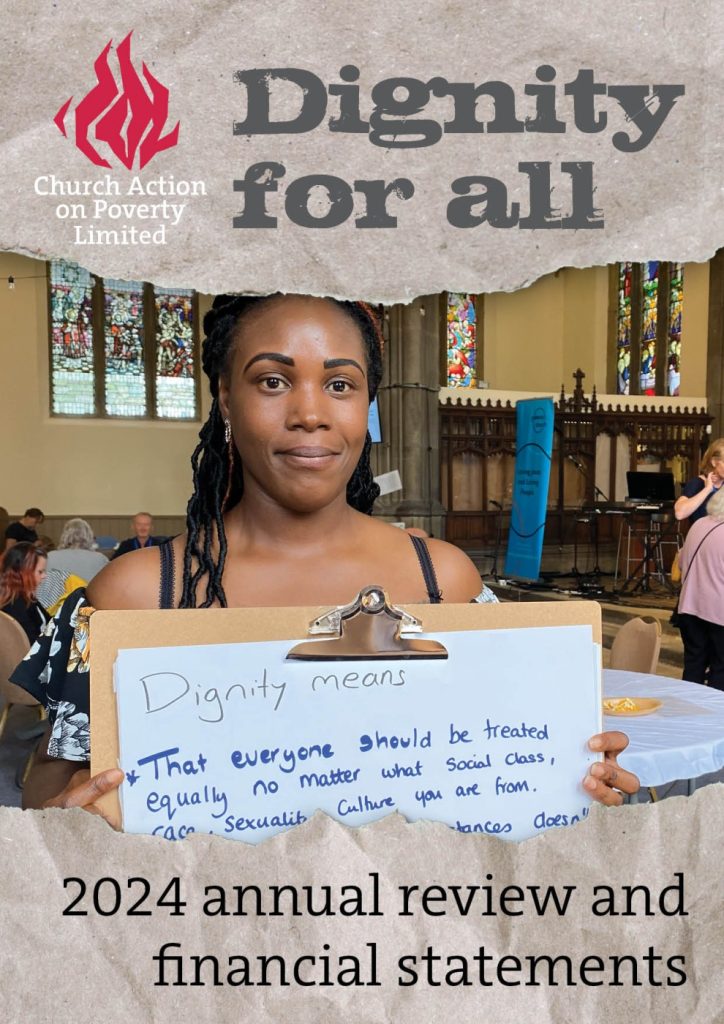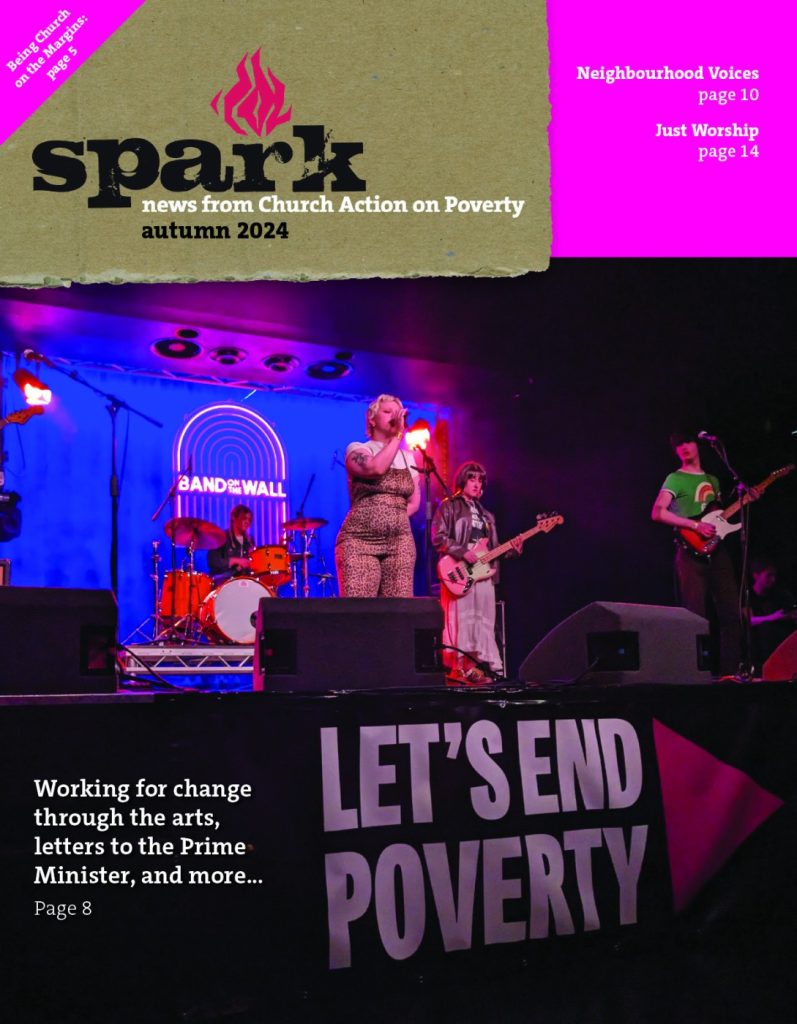New toolkit: Hosting a regional anti-poverty roundtable
Our new roundtable guide will help churches or dioceses to host productive regional events
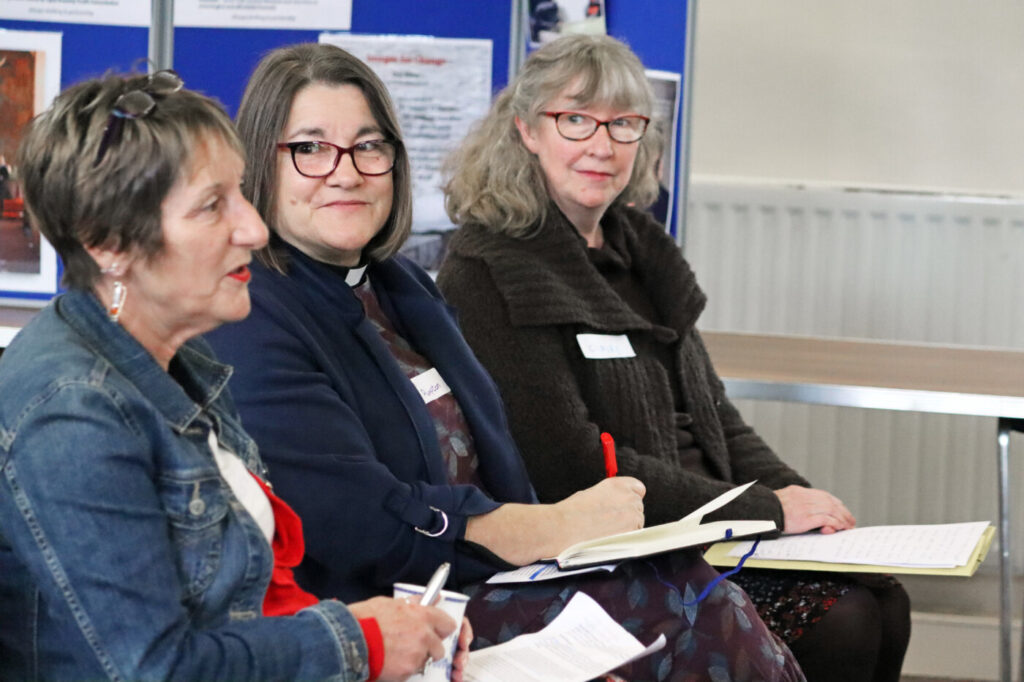
We’ve published a new resource for churches and dioceses who would like to start constructive regional conversations about tackling poverty.
Too often in society, we hear from the same voices over and over again, but if we want to make a real difference in social justice, we need wider, more productive conversations.
One way to start is to organise a regional roundtable event, bringing together church leaders, people in poverty, and community groups from your city or region.
Church Action on Poverty has co-hosted two such events in recent years, and we’ve learnt along the way.
This guide explains why such events are useful, and gives practical tips if you want to organise a similar event.
26 in 26: The new social justice poster for churches
Justice is integral to our faith. Church Action on Poverty and Christian Aid have teamed up to produce a new poster that your whole church …
How should churches address rural poverty?
How is rural poverty changing, and how should churches, dioceses and Government respond? Paul Phillips explores the issue, and reports on his diocese’s work. In …
Faith In The City: why it still matters, 40 years on
In a new book, authors Terry Drummond and Joseph Forde revisit the landmark Faith In The City report, 40 years on. Faith in the City, …
Pantries reach 1 million visits – as new research proves they work
Community breakfast held to mark millionth visit New research shows Pantries improve people’s health, reduce worries and reunite communities Thank you for your amazing support! …
Grief is hard enough: it’s time to improve funeral support
Lindesay Mace from Quaker Social Action outlines their latest work to help people with funeral costs Bereavement can be a deeply challenging experience. In the …
New toolkit: Hosting a regional anti-poverty roundtable
Our new roundtable guide will help churches or dioceses to host productive regional events We’ve published a new resource for churches and dioceses who would …
26 in 26: The new social justice poster for churches
Justice is integral to our faith. Church Action on Poverty and Christian Aid have teamed up to produce a new …
How should churches address rural poverty?
How is rural poverty changing, and how should churches, dioceses and Government respond? Paul Phillips explores the issue, and reports …
Faith In The City: why it still matters, 40 years on
In a new book, authors Terry Drummond and Joseph Forde revisit the landmark Faith In The City report, 40 years …

